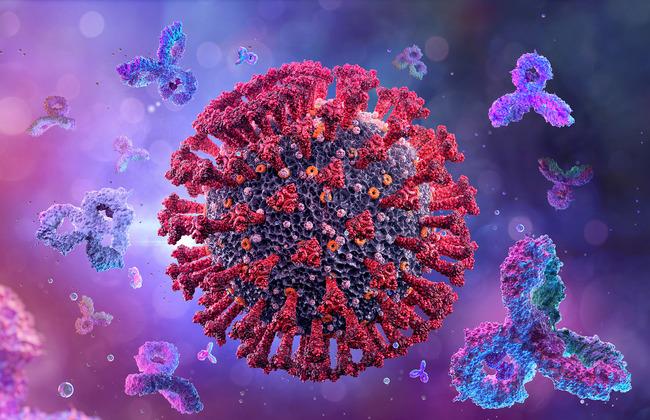There are many tough things about working in healthcare jobs, and many of them are simply down to the nature of the work. The downside to this is that you cannot avoid them; the upside is that once you’ve gone through the often long and arduous process of med school and training, you are pretty well prepared for them. Indeed, healthcare professionals are some of the hardest working people in society. The life and death nature of the work, the long hours, and the high levels of stress are all testament to that.
One thing that nearly every healthcare professional simply accepts is the requirement to work night shifts every now and again. Whether you are in one of many registered nurses or physicians, you can be sure that these will come along before long, and you’ll be required to make it through long nights while still providing effective care.
Online health jobs recruitment service Health Jobs Nationwide, a service offering physician jobs among others, say that this requirement simply goes unstated on many job postings because all healthcare job candidates have been made aware that it is typical requirement long before they get to the stage where they’re even looking for a job.
The Health Hazards of Night Shifts
However, this is not to say that working night shifts is easy for healthcare professionals, nor does it mean that they are somehow impervious to the health hazards of doing so. Neither of those things are true, and there are indeed a few “hazards” associated with working at the time when most people are fast asleep.
These health hazards are all related to the effects of disrupting your bodies circadian rhythm, and they can appear quite alarming when set out. Everything from diabetes to heart disease is made more likely when working nights regularly. The body’s ability to process sugar is also disrupted at night, which can lead to weight problems. Beyond this, nightshift workers might find it difficult to sleep at any time.
This is why so many nightshift workers devote a lot of discipline to lessening these effects where they can. Nevertheless, in the interests of serving patients, another priority is to simply make it through a night shift while still providing the care that patients need.
Tips for Surviving the Nightshift
Here follow some tips for working as a healthcare professional through the wee small hours:
Optimize Your Daytime Sleeping
Lots of natural light is usually a plus for a home – not so for nightshift workers. However, you can do something about this. Investing in things like blackout curtains and ear plugs can ensure that when the nightshift comes along, you are well rested.
Catch Up on Days Off
You probably don’t want to spend all your time off in bed but adding an extra couple of hours and setting the alarm a little later can help you feel a lot better and recover before going back to work.
Limit Caffeine
You should use caffeine when you feel very tired, but not to the point where it is affecting your work. Simply inhaling coffee throughout your shift will only lead to crashes and could end up adversely affecting your performance.
Drink Water
Keeping hydrated is good way to stave of tiredness for a little longer. This isn’t because of any stimulating effects of water, but simply because becoming dehydrated can make you feel even more tired.
Nightshifts are tough, but medical professionals should know how to limit the damage they do. You owe it to yourself, and you owe it to the patients.










Leave a Reply